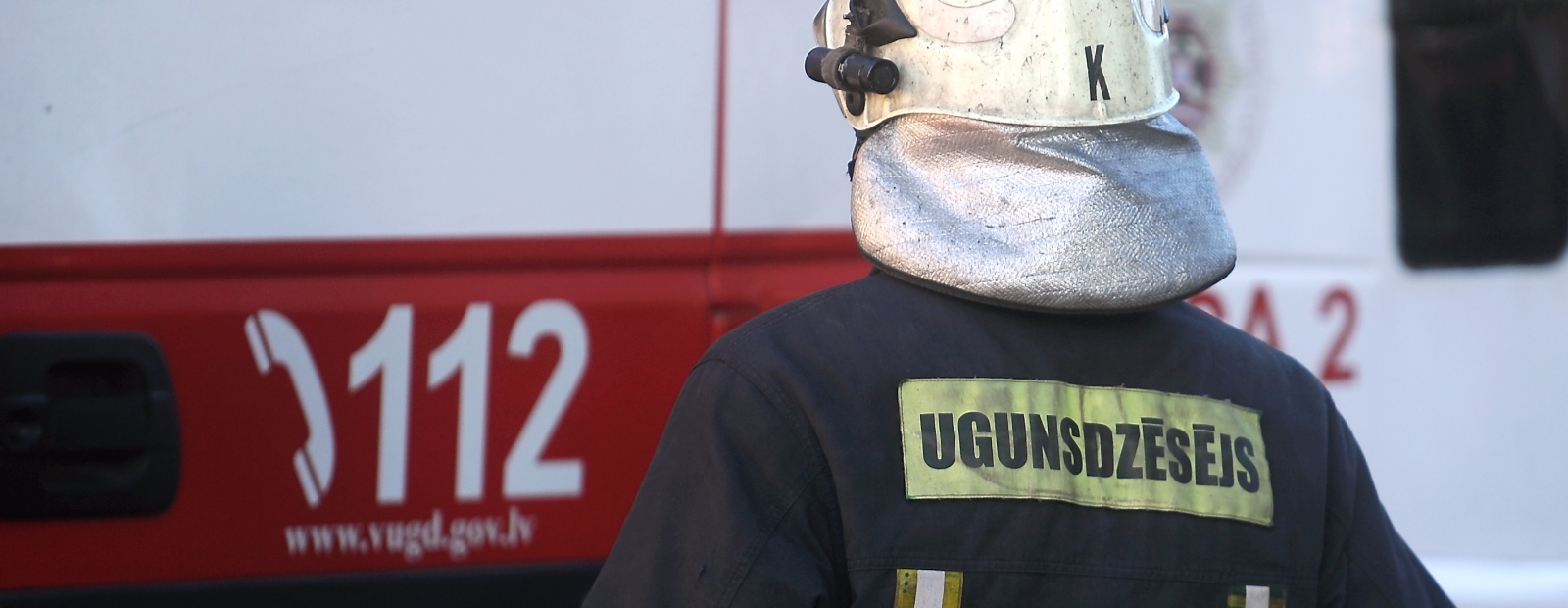Fly over an entire country, Australia, from the top of the sky, just for the sake of enjoying a breathtaking view at high altitude. Do it on a plane as if you did it on one of the tourist buses that now fill every city of art and self-respecting interest. In the black and viral airline autumn, there is one that celebrates the record for the fastest-selling flight in its history. It is the Qantas, which managed to sell out just ten minutes after the opening of sales of its “flight to nowhere”, as it was renamed, because this time the destination does not matter. You take off and land from the same airport. What matters is the journey.
The “Great Southern Land” – hence its original name – will depart Sydney, last seven hours and will welcome 150 passengers on a Boeing 787 Dreamliner, usually used for international flights. It will arrive – and it is not an emergency landing – always in Sydney. Meanwhile, between tea and Chef Neil Perry’s menu served on board, seat winners will enjoy stunning views of the Gold Coast and Sunshine Coast to the Great Barrier Reef spectacle. The icing on the cake: the low-flying overflight of Sydney Harbor, the city’s harbor. Total cost: 787 Australian dollars (485 euros) for an economy class ticket, 1,100 dollars for premium class and 3,878 for business (2,300 euros).
Yes, because the “flight to nowhere” is not only the declination of a new experience, hitherto unique and unprecedented, namely that of aimless air travel. It is also an attempt to get out of the quicksand of the coronavirus crisis. A gamble that so far seems to have worked wonderfully, given the rush to grab the tickets. “People obviously lack the travel and the experience of flying – explained a spokesman for Qantas – If there is demand, we will certainly introduce more scenic flights, pending the reopening of the borders”.
But the question is: will the 150 booked passengers really embark in Sydney on 10 October? And the fear of Covid-19? Yesterday, to give a not too distant example, one of the first Covid-free Alitalia flights departed from Rome Fiumicino, destination Milan Linate. The fear seems to have been stronger than the guarantee of a swab, with a result in 30 minutes, carried out to passengers before departure, to guarantee everyone. And if Australia had sung victory over the virus at the end of April, in these days it is forced to deal with Melbourne, the epicenter of a new outbreak in the South and forced to lockdown.
Fear is tangible. And the air transport sector is among the most suffering. According to estimates by Iata (International Air Transport Association), the organization that brings together 290 airlines in the world, 2020 will see revenues halved and losses of 84.3 billion dollars. In France, Great Britain and Germany the decrease in traffic in 2020 is estimated at 65%. In Spain and Italy at 63%, with Norway among the most affected countries and an expected drop of 79%. In addition to the very serious job losses: in Europe over 7 million are at risk.
Qantas, at the end of August, announced the second round of layoffs and the cut of another 2,500 employees, which are added to the 6 thousand already hunted in June and bring the staff to about 30% of the pre-Covid workforce. A massacre in the sector that has impressive numbers. At the beginning of July, Lufthansa announced 22,000 departures but just a few days ago it warned employees to prepare for further cuts. Air France, which has cut 7,500 seats so far, does not know if the Franco-Dutch alliance with KLM, undermined by Covid, will be able to continue. And so on with the American United Airlines (36 thousand planned layoffs) and the British British Airways, Virgin Atlantic and EasyJet, which will leave 20 thousand people at home. Iata estimates a $ 419 billion global civil aviation deficit in 2020 and that air traffic will not return to 2019 levels before 2024.
This explains the discovery of the “aimless flight” of the Qantas, which will leave most of its international flights on the ground until mid-2021. We fly on national territory. For the pure pleasure of traveling and enjoying the view. Unless passengers decide to stay ashore on 10 October. Or it doesn’t have to shut down because of the coronavirus.
–


